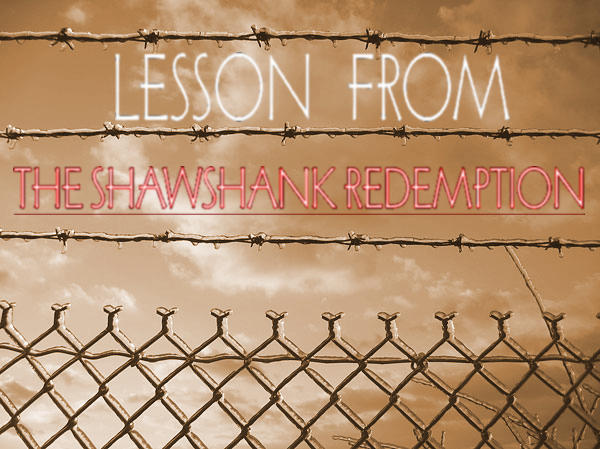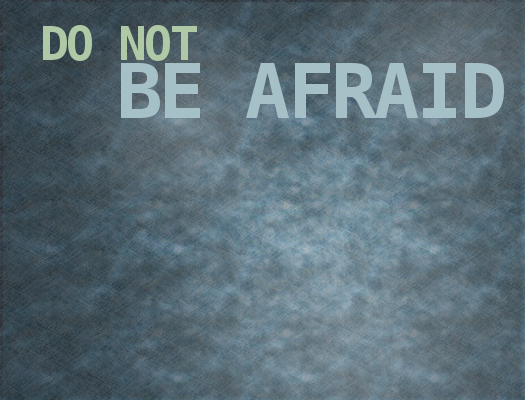Some of the Bible’s most encouraging verses tell us not to be afraid – that God is with us. Some argue the fear of God is the only good fear.
This can lead people to a feeling of inadequacy or worthlessness.
Leaders, especially, should not be afraid… because they know they can rest on the Lord, and should set a good example of a peaceful heart. And they should exhort their followers to show no fear and a complete boldness in everything they undertake.
Wrong.
 Image: Wil Wheaton, reused under CC license
Image: Wil Wheaton, reused under CC license
God knows us perfectly. He knows our fears, and he knows how to deal with them if and when appropriate. Look at what he says to Gideon:
“But if you are afraid to go down, go down to the camp with Purah your servant.” (Judges 7:10, ESV).
Gideon does not try to look tough in front of God. He does not try to pretend he’s not afraid. He takes God’s advice, acknowledges his own fear and goes down to the camp.
In the same way, we should not try to pretend we’re not afraid: it can only lead to that fear taking hold of us, or to a feeling of undue pride and self-importance.
Conversely, though, we should recognise when our “fear” is a lie. When it is simply disguising laziness or fickleness in front of a decision. The fact that God knows us and loves us and is on our side means that he will deal with our fear, if it is real, in due time.
Ever since I started to feel a call towards ministry, I have felt the fear that I was mistaken. That I wouldn’t be up to the task. God has dealt with that fear, in many various ways (including making me stumble upon a few great bloggers – thanks Ben; and including leading me to certain parts of Scripture). But still now, I sometimes feel like I’m afraid to make the wrong decision. That fear is a lie – it is simply a way for me to justify putting off decisions; and recognising it helps.
Which of your fears are lies? Which are real?




